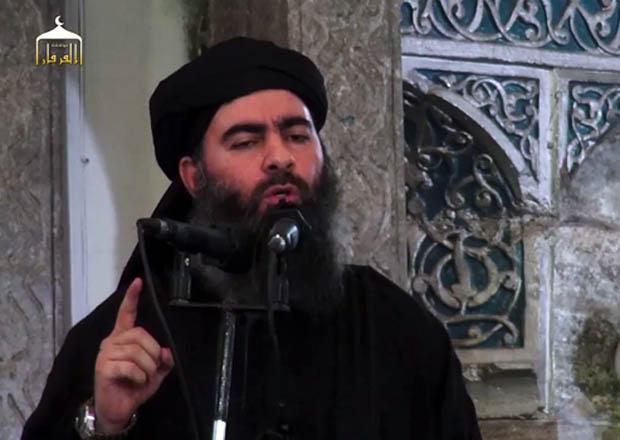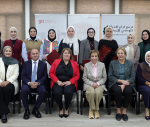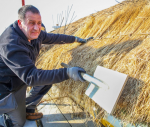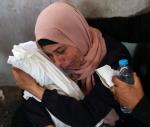You are here
After Mosul, extremists threat to Iraq will grow — Kurdish intelligence official
By Reuters - Feb 16,2017 - Last updated at Feb 16,2017
SULAIMANIYA — If the Daesh terror group is driven from its Iraqi stronghold of Mosul, it will switch tactics to wage an insurgency from mountains and deserts, a top Kurdish intelligence official has told Reuters.
Lahur Talabany, a senior figure in Kurdistan’s counter-terrorism efforts, also expressed concerns that another group similar to Daesh could emerge to menace Iraq again if political leaders fail to secure reconciliation between sects.
“Mosul will get taken... I think it is the asymmetric warfare that we need to be worried about,” he said.
“Our jobs will become much more difficult. The army will take a rest a little, but it will be the job of security forces that will become more difficult.”
Talabany said there were signs that Daesh planned to shelter in the Hamrin mountains in the northeast, which could serve as a base for attacks on several provinces.
He cited about five attacks on security forces in Diyala province in the last month.
“It is a very tough terrain. It is very difficult for the Iraqi military to control,” said Talabany.
“It’s a good hideout place and a place they could have access from province to province without getting detected.”
The army, backed by Kurdish forces and Shiite militias operating in nearby towns and villages, has driven Daesh from eastern Mosul after more than three months of battles.
Fighting on after Mosul
Talabany said there would be more months of street-to-street and house-to-house fighting before the western side was taken, in effect putting an end to the group’s self-proclaimed caliphate.
But he was cautious about the number of militants killed so far. There were an estimated 6,000 in Mosul at the start of the offensive and there is no evidence that anywhere close to that number have been killed, he said.
“We know some of these guys escaped. They are trying to send people out for the next phase, post-Mosul, to go into hiding and sleeper cells,” said Talabany.
“You have to try and find them when they go underground, you have to try and flush out these sleeper cells. There will be unrest in this region for the next few years, definitely.”
Talabany also said Iraq could not afford to underestimate Daesh’s charismatic leader, Abu Bakr Al Baghdadi.
“He is very wise. He is not using any kind of communications. He is in the desert area, coming and going between Syria and Iraq, we believe,” he said.
“Their plans are to start up some sort of asymmetric warfare — against the region and globally. Also, we will see lone-wolf attacks pop up here and there in the region.”
A new Daesh?
In 2014, a few hundred Daesh militants seized control of Mosul in a few hours, partly because many fellow Sunnis welcomed them, complaining of abuses by the Shiite-dominated army and government in Baghdad.
Talabany urged political leaders to avoid making the same mistake again.
“... maybe not Daesh, but another group will pop up under a different name, a different scale. We have to be really careful,” he said. “These next few years will be very difficult for us, politically.”
Related Articles
SULAIMANIA, Iraq — A top Kurdish counterterrorism official said on Monday he was 99 per cent sure that the Daesh terror group leader Abu Bak
ERBIL, Iraq — It has taken two years of training a demoralised army, and the backing of the air cover and special forces of the world'
ERBIL, Iraq — A much anticipated campaign to recapture Iraq's northern city of Mosul from Daesh is unlikely to happen this year, the Kurdist

















